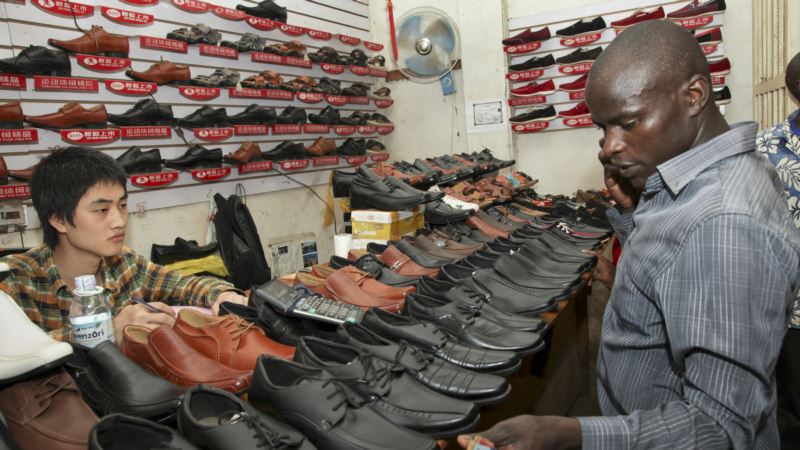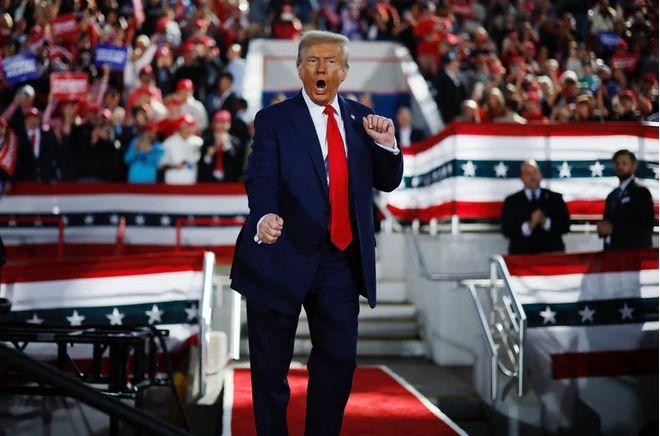Traders faced with challenges stemming from the implementation of the Electronic Fiscal Receipting System (EFRIS) and other tax-related issues have brought their concerns to the attention of President Museveni.
The main point of contention for traders is the Electronic Fiscal Receipting System (EFRIS), which they argue is being unfairly enforced by the URA. Despite two unsuccessful meetings with the Finance, Planning, and Economic Development ministry and its Kampala metropolitan counterpart, traders believe that only President Museveni can address their grievances effectively.
Among the key issues presented by the traders for President Museveni’s consideration are the temporary suspension of EFRIS implementation for at least one year, a comprehensive review of different taxes, and the immediate removal of foreign traders, especially Chinese nationals, from shops in downtown Kampala.
The failure to reach a consensus in previous meetings with government officials led traders to continue their strike, which began earlier in the week. Finance Minister Matia Kasaija, Trade Minister Francis Mwebesa, and the Commissioner General of URA were unable to provide satisfactory solutions during their discussions with the traders.
Despite Minister Kasaija’s announcement of continued Efris implementation and some proposed measures to ease its enforcement, traders expressed disappointment, stating that the meeting did not yield positive results. They remain committed to their strike until their demands are met, hoping that President Museveni will intervene as he has done in similar situations in the past.
The Electronic Fiscal Receipting System (Efris), introduced by URA on January 1, 2021, requires Value Added Tax (VAT) taxpayers with annual sales exceeding Shs150 million to enroll in the system. It involves the use of Electronic Fiscal Devices (EFD), e-invoices, and e-receipts to facilitate real-time transaction tracking by URA.
Traders, particularly those in downtown Kampala, have faced challenges with the abrupt implementation of Efris, compounded by other tax burdens such as Withholding Tax and customs duties. Dr. Thadeus Musoke Nagenda, Chairperson of Kacita, highlighted the adverse effects of these taxes on businesses, leading to closures and unemployment.
Traders also voiced concerns about the unfair application of penalties and fines by URA, emphasizing the need for field-based assessments rather than office-based evaluations. However, URA Commissioner General, Mr. John Musinguzi, maintains that VAT is only paid by the final consumer, contrary to traders’ claims.
In addition to tax-related issues, traders seek President Museveni’s intervention in addressing the influx of Chinese investors operating in downtown Kampala, which they argue has created unfair competition for local traders.
President Museveni’s meeting with the traders is anticipated to provide a platform for dialogue and potential resolutions to the grievances raised. Traders hope for tangible outcomes that will alleviate their financial burdens and create a more conducive business environment in Uganda.




















